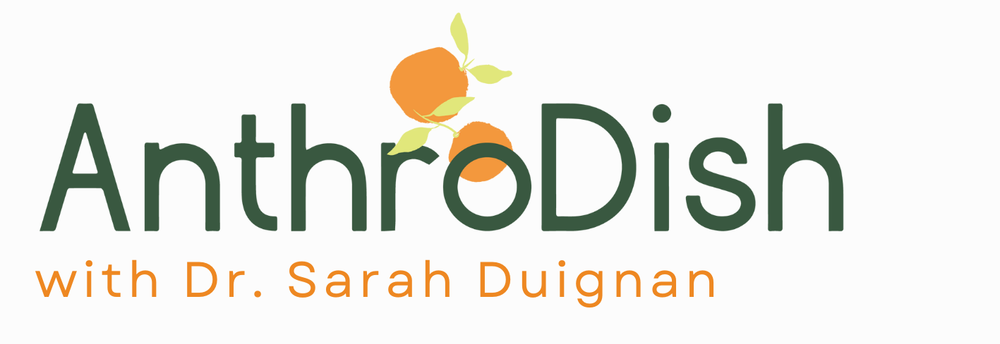“Knowledge is power but self-knowledge is self-empowerment, where we have that self-knowledge of what is right for us and bringing our culture into it. When a newspaper says some sort of food isn’t great, but it’s been in your heritage for a long time and brings you nourishment, maybe nourishment for your soul and community, and that time with family. That’s the beauty of food. That’s the connector. ”
One of the pitfalls in sustainability movements is this assumption that we’re all working from an equal playing field, when the reality is that oftentimes we don’t have the home space or the time to grow our own food. What we don’t always ask is whether we can make the comproimses that allow us to meet those desires to grow our own food without the high demands often required of it conventionally.
My guest this week is Natalie Paterson, who has brought together her Indigenous cultural background and her scientific training to explore what we can do with microgreens. Growing up in New Zealand, Natalie was inspired by her Māori upbringing to explore the value of growing your own food. Natalie completed a BSci in nutritional biochemistry and an MS in food science at Chapman University in Orange County, California. Natalie pursued food science (the study of food from farm to fork), as she recognizes that food is intrinsic within every facet of life, thereby holding the power to promote health while preventing and curing disease.
Natalie speaks on her previous experience bringing scientific expertise to the market, identifying through her move to London, England, that there is often no connection between food, people, and nutrition. With the demand for at-home fresh vegetables persisting regardless of one’s location, Natalie speaks today on the ways that indoor hydroponic smart gardens can help make people’s cooking more simple, nutritious, and sustainable.
Learn more about Natalie:
Instagram: @natalie.s.paterson

